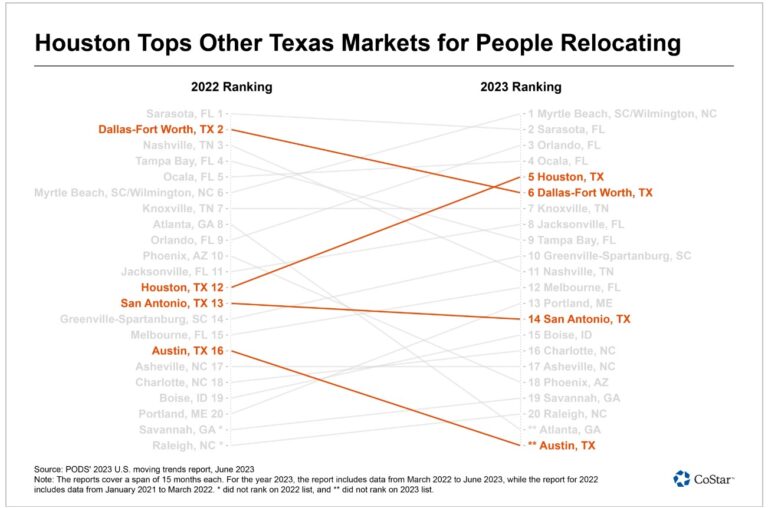As people enter their 50s, they often reflect on their financial decisions and assess their preparedness for the future. This introspection can sometimes reveal regrets that could have been avoided with better planning. Here are the top 10 financial regrets commonly expressed by individuals in their 50s, along with insights on how to sidestep these pitfalls.
1. Insufficient Retirement Savings
Many individuals in their 50s regret not saving enough for retirement. Prioritizing retirement savings early on and making consistent contributions can help prevent this regret.
2. Delaying Financial Planning
Delaying financial planning decisions, such as investments, estate planning, and retirement strategies, can limit opportunities and leave individuals feeling unprepared.
3. Neglecting Diversification
Failing to diversify investments is a common regret that leaves individuals vulnerable to market volatility. Diversification can mitigate risks and provide a more stable portfolio.
4. Prioritizing Children’s Education Over Retirement
While supporting children’s education is important, neglecting retirement savings for education expenses can lead to regrets later on. Balancing both goals is essential.
5. Ignoring Health and Long-Term Care Planning
Health and long-term care planning often take a back seat until they become urgent. Preparing for medical expenses and long-term care needs can help avoid financial strain.
6. Succumbing to Lifestyle Inflation
Overspending and lifestyle inflation can lead to regret as individuals realize they’ve delayed their retirement goals. Maintaining a balanced approach to spending and saving is crucial.
7. Not Prioritizing Debt Repayment
Entering retirement with significant debt is a common regret. Prioritizing debt repayment earlier in life can lead to a more financially secure retirement.
8. Neglecting Comprehensive Estate Planning
Failing to create an estate plan can result in disputes and complications for family members. Estate planning ensures assets are distributed according to your wishes and minimizes potential issues.
9. Lack of Investment in Skills and Education
Regret often arises from not investing in skills and education. Continuous learning can open doors to better job opportunities and increased income potential.
10. Avoiding Professional Financial Advice
Many individuals regret not seeking professional financial advice. Consulting with experts can provide valuable insights and help individuals make informed decisions.
The Power of Compounding: How Starting Early Can Multiply Your Investment Returns
When it comes to investing, time can be your most valuable asset. The concept of compounding demonstrates how starting early can lead to significant growth in your investment portfolio over time. In this article, we’ll explore how compounding works and provide a comparative table of compounding returns earned by two individuals—one who starts investing at the age of 25 and another who starts at 35—both saving $100 every month.
Understanding Compounding
Compounding is the process by which your investment returns generate additional earnings, which are then reinvested to generate even more returns. Over time, these returns on both the initial investment and the accumulated earnings can create a snowball effect, leading to substantial growth.
The Comparative Table: Investing $100 Monthly
Let’s consider two individuals, Alex and Ben. Alex starts investing $100 every month from the age of 25, while Ben begins the same monthly investment at the age of 35. We’ll assume an average annual return of 7% for both scenarios, which is a reasonable long-term average for a diversified investment portfolio.
| Age | Years of Investment | Monthly Investment | Total Contributions | Total Value |
|---|---|---|---|---|
| Alex (Starts at 25) | 25 – 65 | $100 | $48,000 | $193,966 |
| Ben (Starts at 35) | 35 – 65 | $100 | $36,000 | $93,825 |
As shown in the table, Alex’s early start allows his investments to benefit from compounding over a longer period. Despite both individuals investing the same amount per month, Alex’s investment grows to nearly double that of Ben’s by the time they reach the age of 65.
The Power of Starting Early
The key takeaway from this comparison is the remarkable impact of starting to invest early. By beginning at 25, Alex benefits from 10 additional years of compounding returns, resulting in a significantly larger investment portfolio. This illustrates the principle that the longer your money is invested, the greater the potential for compounding to work in your favor.
Making the Most of Compounding
To make the most of compounding, consider the following tips:
- Start Early: As demonstrated in the example, the earlier you start investing, the more time your investments have to compound and grow.
- Stay Consistent: Consistently contributing to your investments, even with small amounts, can lead to substantial growth over time.
- Reinvest Earnings: Reinvesting dividends and interest earned from your investments allows compounding to work its magic on your entire portfolio.
- Long-Term Perspective: Keep a long-term perspective and avoid making impulsive decisions based on short-term market fluctuations.
- Diversification: Diversifying your investments can help manage risk and enhance the potential for consistent compounding growth.
Conclusion
Compounding is a powerful force that can significantly multiply your investment returns over time. Starting early and remaining committed to your investment strategy can lead to substantial financial growth. The comparative table clearly illustrates the advantage of beginning investments in your 20s rather than waiting until your 30s. By harnessing the power of compounding, you can set yourself on a path towards achieving your long-term financial goals with confidence and security.



































![An In-Depth Look at Jake and Gino's Coaching Program [A Review]](https://allaboutmultifamilyinvesting.com/wp-content/uploads/2023/10/AAM-BMP-Blog-Covers-750-×-422px-6.jpg)


![Email Marketing Tips for Multifamily Real Estate Syndicators to Raise Capital [Templates included]](https://allaboutmultifamilyinvesting.com/wp-content/uploads/2023/09/AAM-BMP-Blog-Covers-750-×-422px-4.jpg)






![The Richest Kids In America [Book Review]](https://allaboutmultifamilyinvesting.com/wp-content/uploads/2023/09/AAM-BMP-Blog-Covers-750-×-422px-84.jpg)




















